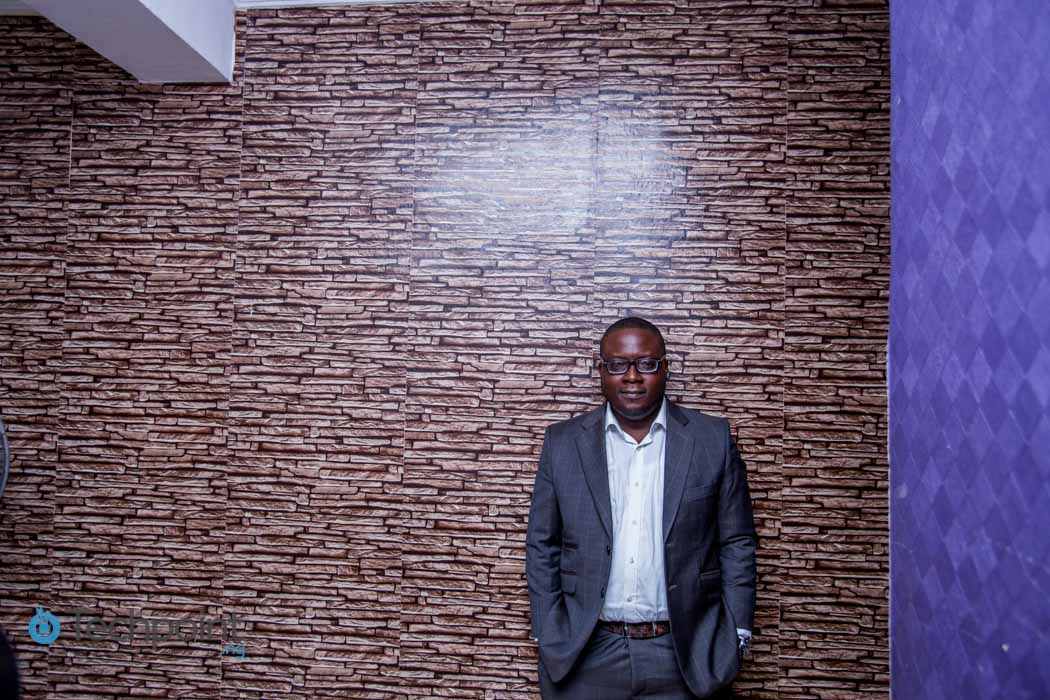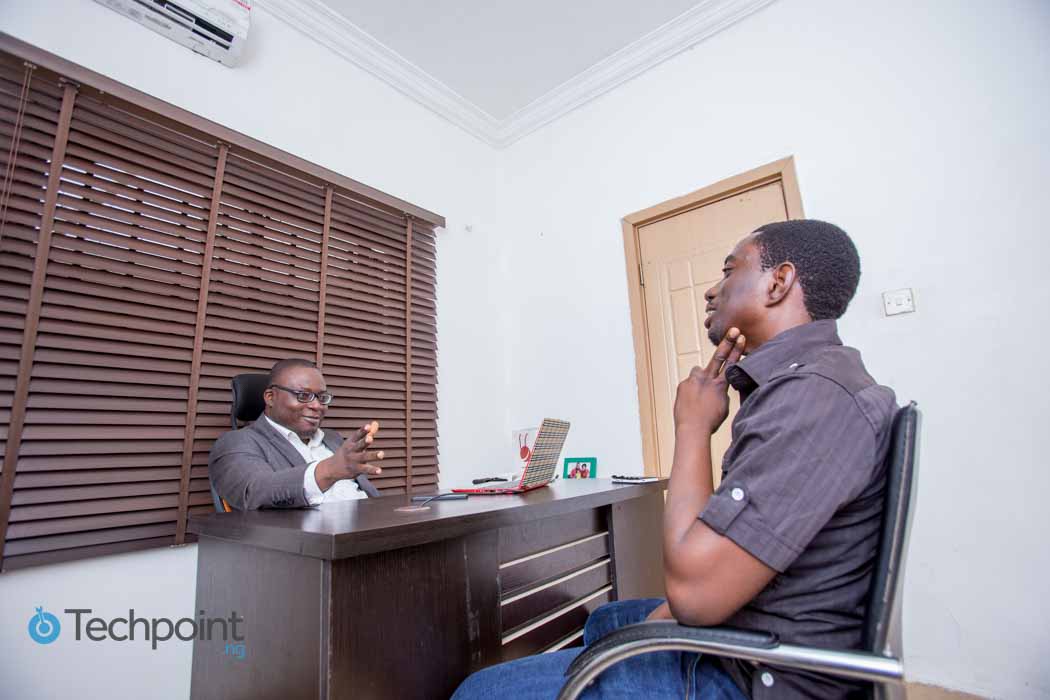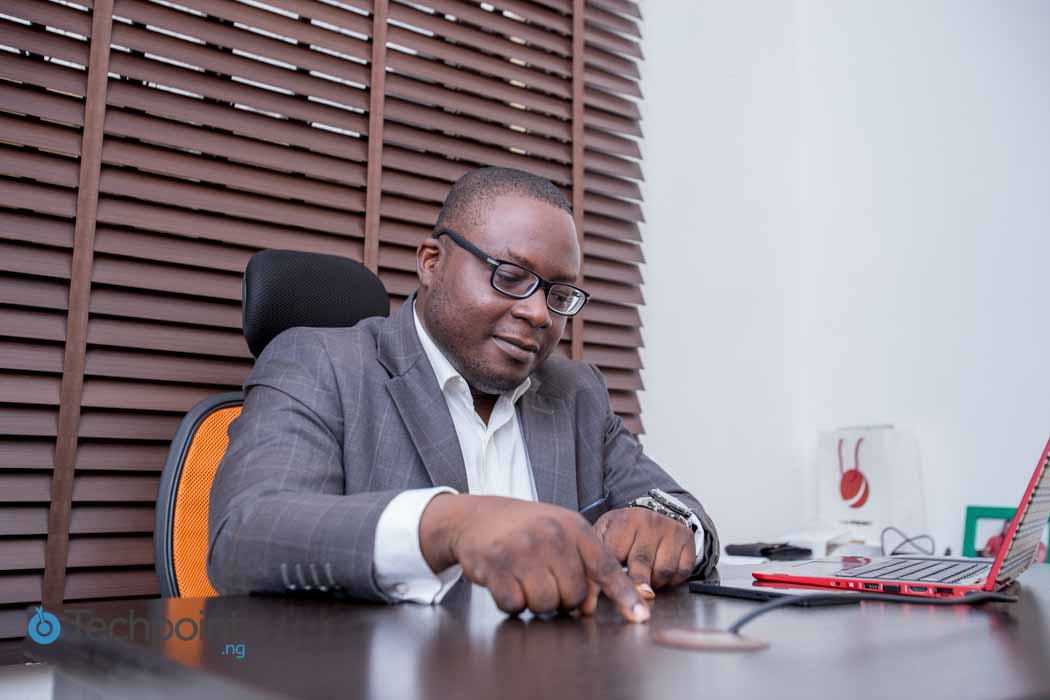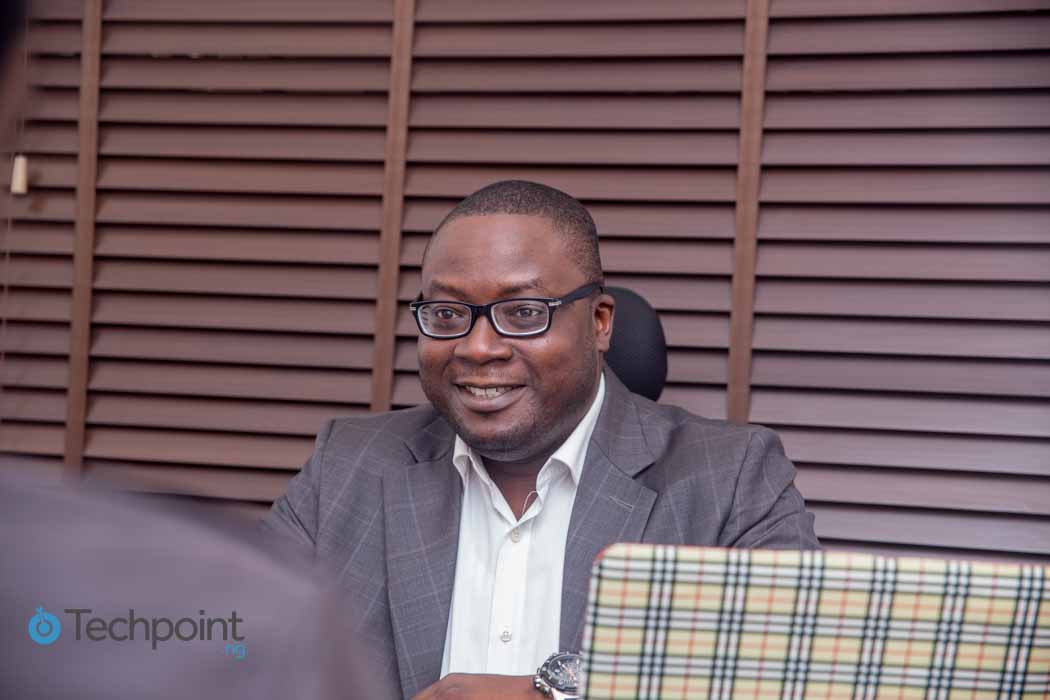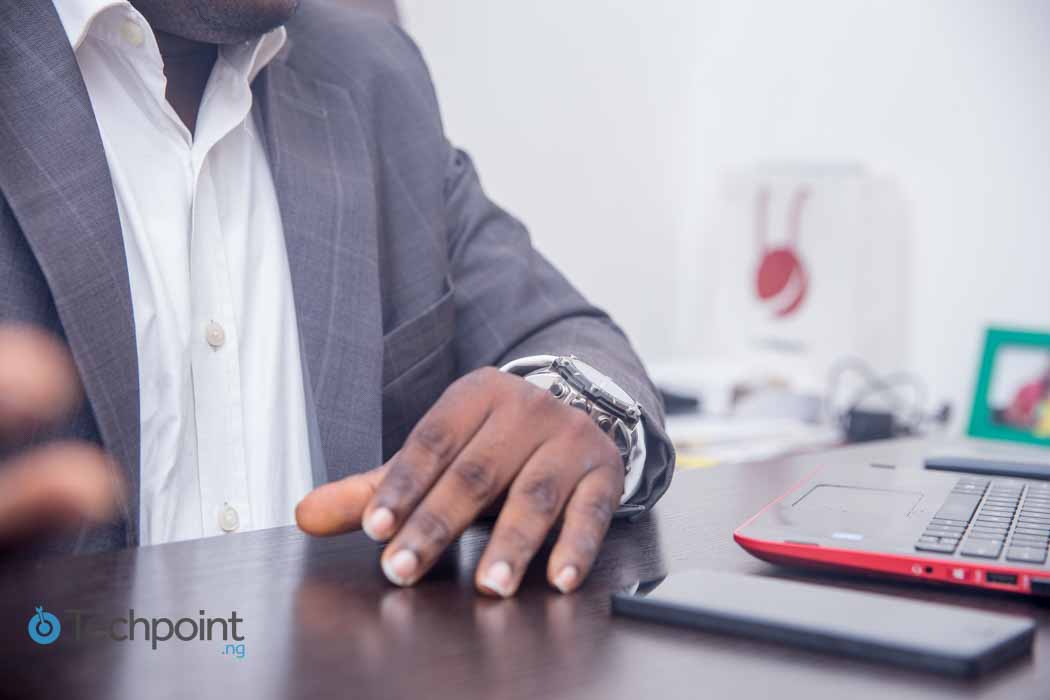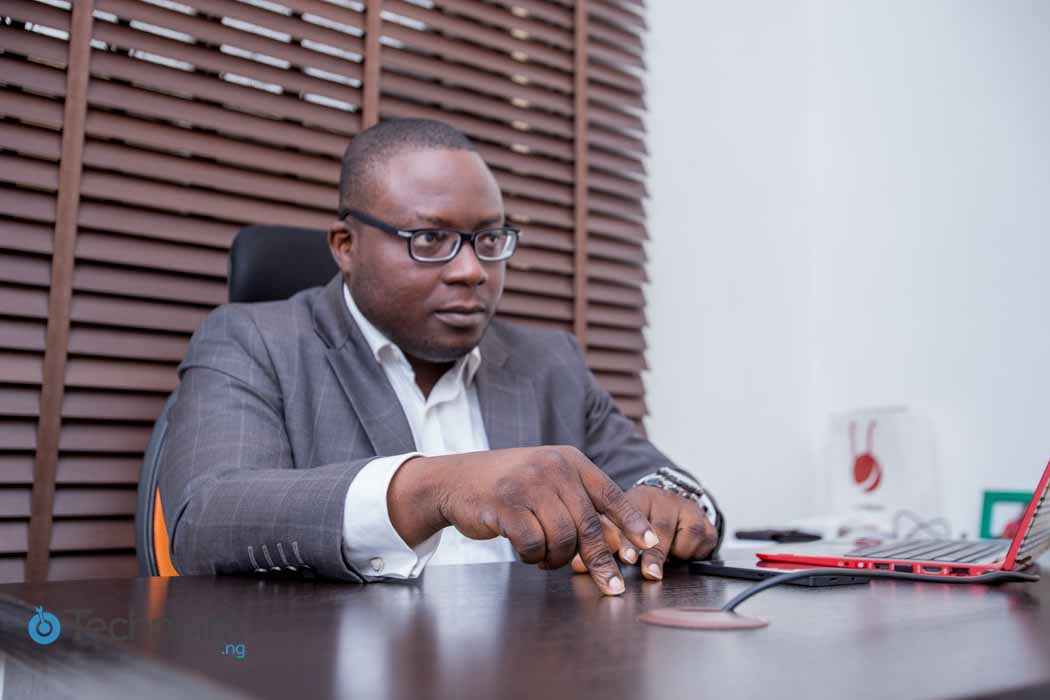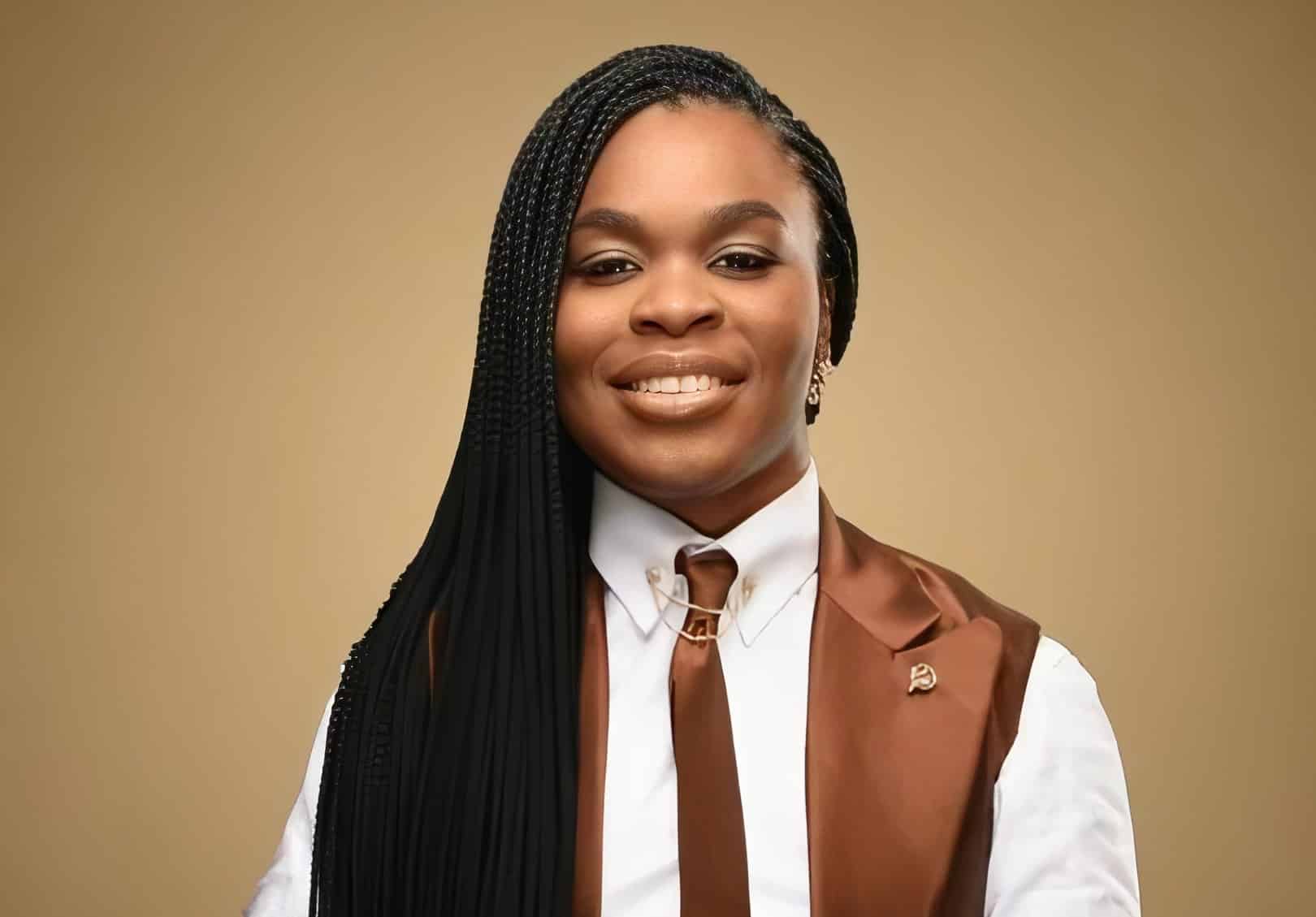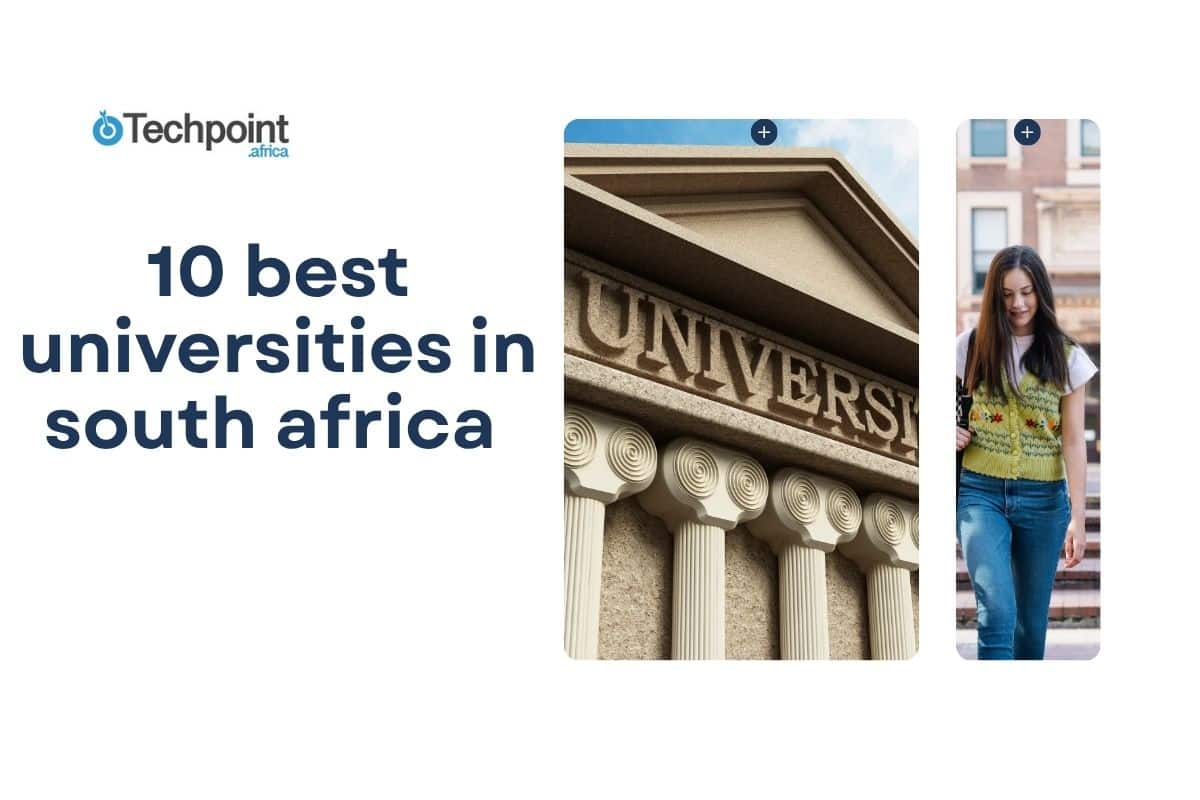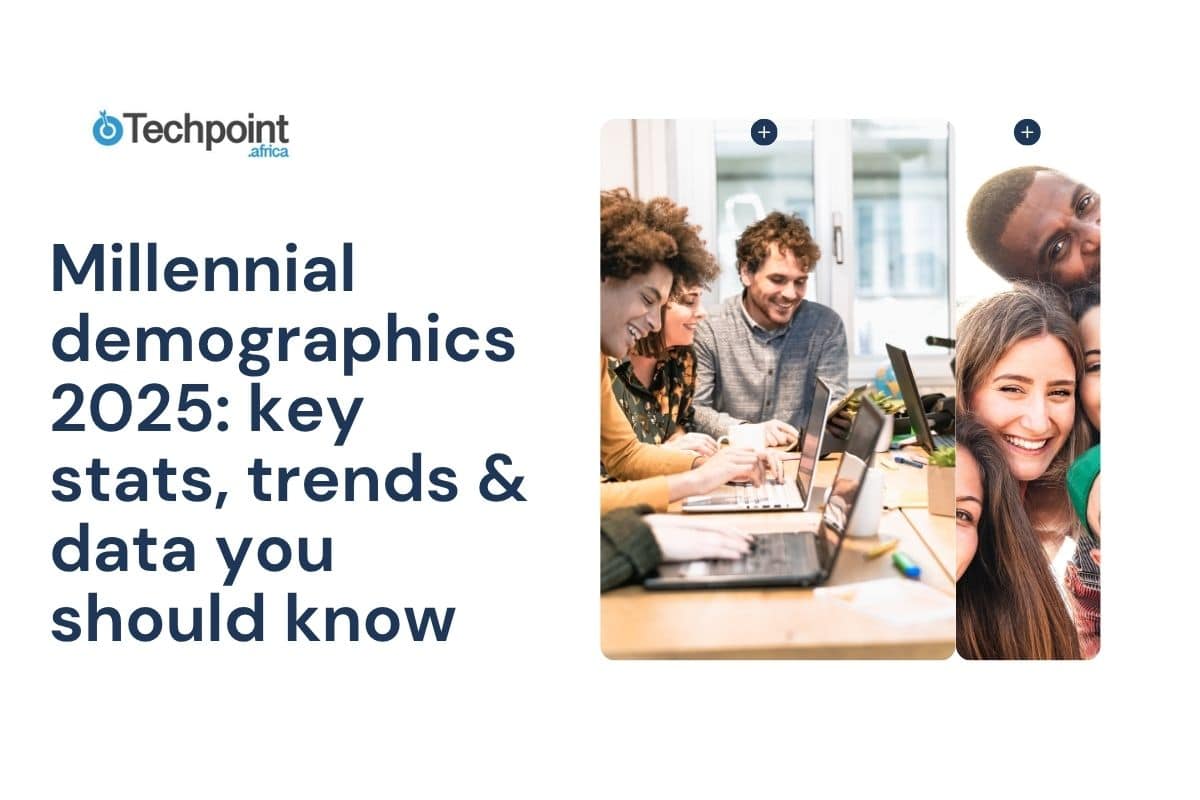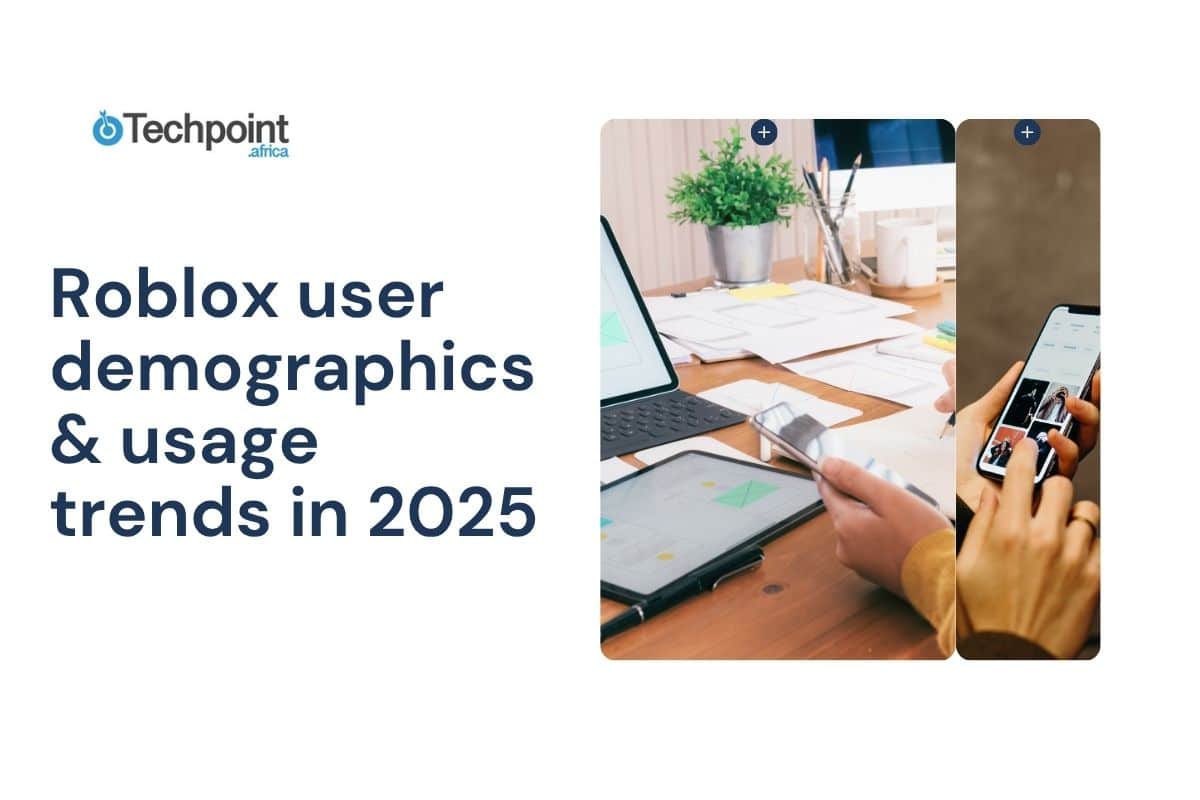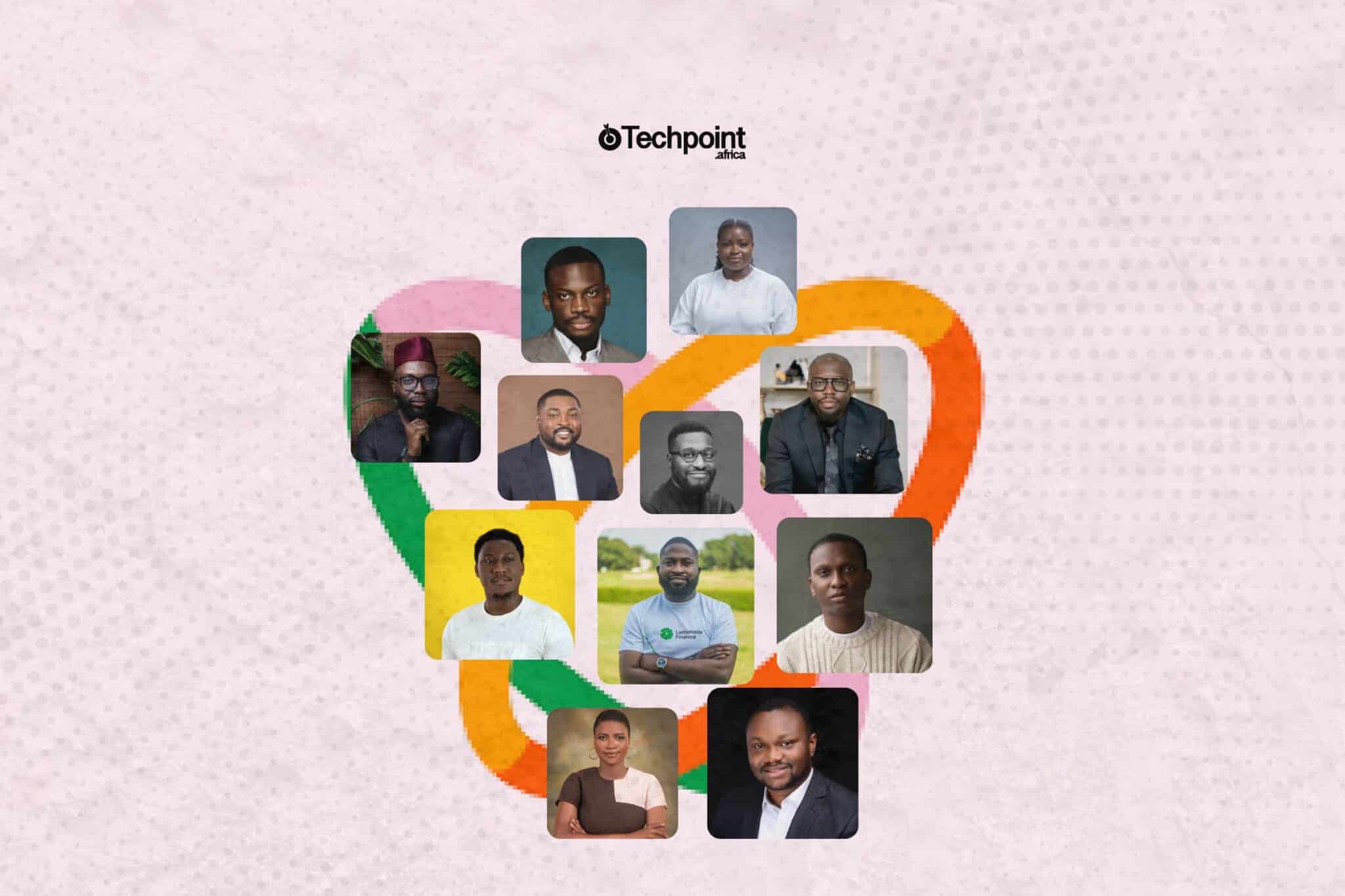When one door closes, another opens; but we often look so long and so regretfully upon the closed door that we do not see the one which has opened for us. – Alexander Graham Bell.
The above quote should be the mantra of every serious entrepreneur. If there’s anyone living that mantra to the fullest, it’s Olaoluwa Awojoodu. He is the founder and CEO of Electronic Settlement Limited (ESL), the company behind and array of noteable payment solutions in Nigeria including CashEnvoy and mobile POS solution, PayPad.
I spent an afternoon with Awojoodu chatting about his inspiring journey into entrepreneurship and what the future holds for electronic payment in Nigeria.
Muyiwa Matuluko of Techpoint.ng: I checked out your LinkedIn profile; there’s barely any employment history on there. Does this mean you never worked for anyone before founding Electronic Settlement Limited?
Olaoluwa Awojoodu of Electronic Settlement Limited: There was a compulsory Industrial Training (SIWES) which I undertook during my Part 4 (4th year) studying Computer Science and Engineering at the Obafemi Awolowo University. Other than that, I never worked for anybody after school.
MM: Hold on, you’ve got me scratching my head a bit here; your LinkedIn profile says you left uni in 2007; CashEnvoy was founded in 2009. I’m not trying to pry or anything but, what were you doing within those 2 years?
OA: I am what you would call a career entrepreneur. Ever since I was a kid, I always wanted to become “the richest man in the world”. I realised early on, by reading the stories about the richest men in the world, that the only way to achieve that was by running my own business. When I was in Part 1 at OAU, I and a friend started a recharge card business during an ASUU strike that kept us out of school for 11 months. This was around 2002 when GSM was still new and not everyone had a phone. That was my first business. By the time I returned to school, I was 100% positive that entrepreneurship was my calling. Suddenly, it began to feel like I was wasting my time in school.
I ran all sorts of businesses while back in school. The most successful were a weekly newspaper, which died after I left for Industrial Training in Part 4, and a fast food (chicken and chips) business, which I ran with my brother and another friend, Olumide Balogun.
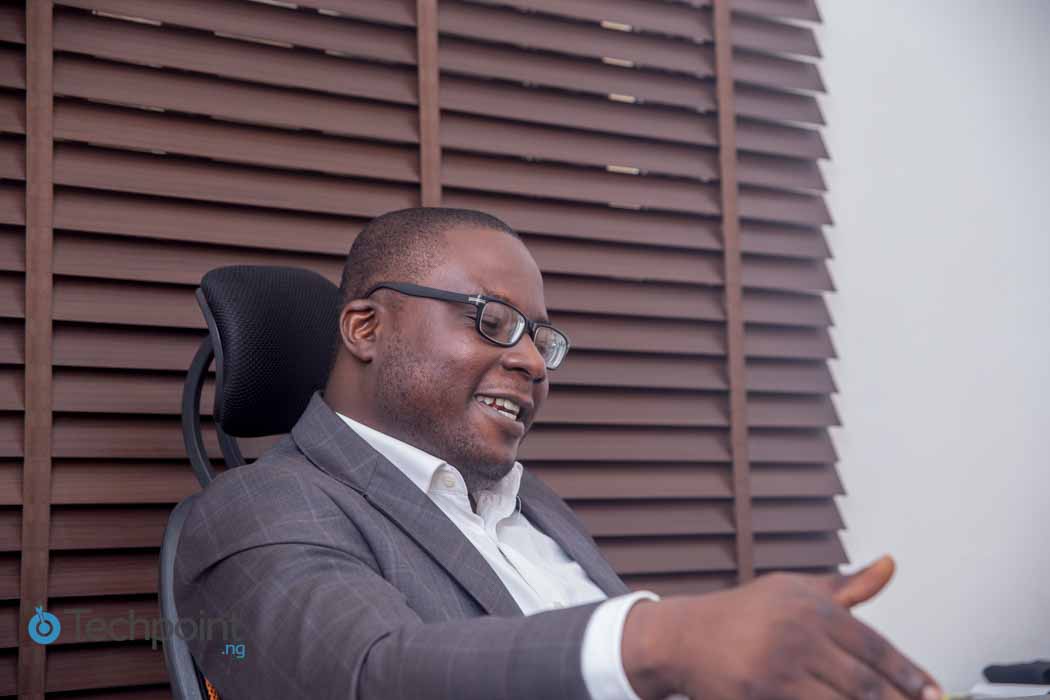
But it wasn’t until I left for Industrial Training that my eyes opened to the opportunities in tech, which is ironic because I was studying Computer Science and engineering. Before long, I had set up Clickstore Africa to sell IT hardware online. That was when I realised I needed a way for Nigerians to pay online. The first point of call for everyone then was of course PayPal. So I wrote a long proposal to PayPal seeking for a partnership in Nigeria. They just ignored me like they did a lot of people. Eventually, I thought, “why not just build this thing yourself?” I enlisted the help of Segun Okin, a former course mate. Segun had helped with the development of another of my projects — Bottom Naira — which helped people shop abroad by proxy. He was really sold on the idea for CashEnvoy, so much so that he agreed to opt for equity instead of payment. He is still my partner to date.
After we finished building CashEnvoy, the only thing left was to integrate a payment gateway. I was able to raise ₦75,000 from my mum to foot that bill. That was essentially our startup capital and with that we were able to launch quietly. In those early days, things were very tight. Even the whole idea of the business was futuristic. Now there are maybe a million online stores. Back in 2009, they were only about 13. My job was to go to those 13 and to get them to sign up on CashEnvoy. I had help from another former school colleague called Blessing. We would dress up and visit each of these 13 stores one after the other, pitching CashEnvoy. At this point, nobody was getting paid. In all, it was an interesting experience. We kept on pushing and eventually all the hard work gave us traction.
MM: Has Electronic Settlement Limited raised any external funding to date?
OA: Yes, we’ve raised (six-figure) seed funding, from multiple sources, in the past. We are looking to do a Series A fund raising round very soon.
MM: How would you describe the growth rate of Electronic Settlement Limited over the years?
OA: There was a period when we had no office space. My dad’s company gave us a table in a room; so the whole of CashEnvoy was just a table. Now we have a whole room full of developers and another full of business people. I would say the growth has been tremendous.

We started very small but now we are in 2 countries — Nigeria and Ghana as well. For us, the focus remains building the largest merchant network in Africa.
MM: Would you say being rejected by PayPal played an instrumental role in your entrepreneurial journey?
OA: Yes it did, because if they had answered me, I probably wouldn’t have complete ownership of the structure we currently have. Such partnerships often come with a lot of baggage and it may not have favoured us. So I am happy everything went the way it did. I also have no regrets about anything. I feel what has happened has happened, I am always focused on the way forward.
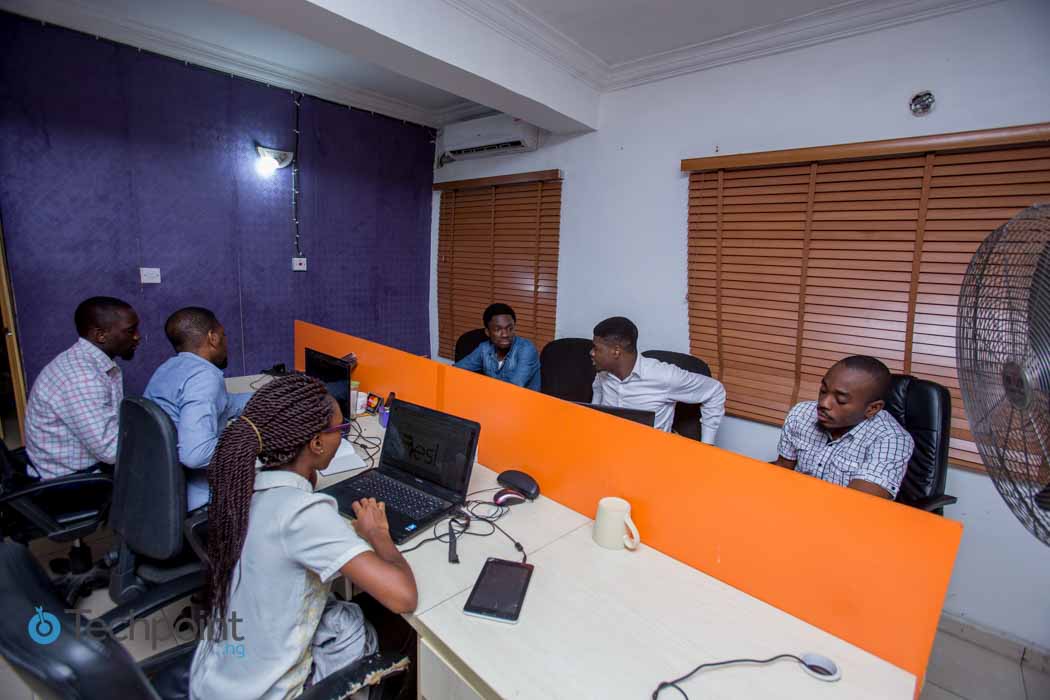
MM: Your entrepreneurship origin story is no doubt inspiring. However, I can’t help wondering what your parents made of it
OA: Oh, they gave up on me. I remember particularly well a conversation with my mum; her desire for me to finish with a good degree so I could work at an Oil Company like Shell. My response was, “mummy I don’t want to work with Shell, I want to own Shell”. Of course, that got her pissed. There she was trying to have a serious conversation with me and all I could do was make light of it; she actually thought I was joking. My parents just didn’t understand.
You can’t really blame them; the mindset of their era — what was bringing home the money — was “get good grades, get a good job and your life is set.” In our era it’s “go to an Ivy League college and fund raising will come chasing you.” In our children’s era, things might be different. You never know. But it’s only what you know that you can advise with.
I don’t think anything really made sense to my parents until after I raised my very first seed. That got them a bit calmer. The fact that someone gave me money made them think “maybe he is actually on to something.”
MM: How did you convince your mother to hand you that first ₦75,000 capital?
OA: Motherly compassion. I read a book a while back that gave some insight on the different ways entrepreneurs raise money. There are VCs who are the sharks. Then there are the people you call the ‘little fishes’ — your friends, family members. For these people, the business doesn’t really need to make sense. They’re people you can just call on for assistance based solely on your relationship. Most entrepreneurs have that kind person in their lives.
MM: Looking back at all the struggles in your entrepreneurial journey, would you relive the experience all over again?
OA: Like I said earlier, I am a career entrepreneur. What that means is that even if I was not here running ESL, I would definitely be running another business. The beautiful thing about entrepreneurship is that after a while you enjoy it. Granted, there are many times you have to ask yourself, “why am I even here? This is particularly so when you have friends that are doing very well. You might not be doing too badly yourself but because entrepreneurship has its ups and downs, those periods when you’re a bit down can be tiring. Nevertheless, I would always do this.
MM: Briefly, what’s your take on payments industry in Nigeria now?
OA: Payments in Nigeria is interesting. It didn’t start out this interesting though. There are so many solutions out there now with new channels. A lot of people are looking into investing. I think there is a lot of potential.
MM: With foreign giants like PayPal now in the space, and possibly more to come, do you think local solutions have a fighting chance?
OA: Of course we do. There are so many challenges (including regulatory and technological standards) that we have as an industry that these guys, if they choose to come into the space, will also face. The only advantage they have is massive funding. During the advent of PayPal, many though local payment solutions would die. But when PayPal finally came, they came with “one leg” and we’re all still here.
MM: Finally, what is your biggest fear as an entrepreneur?
OA: My biggest fear is that I am wrong. Because when I wake up everyday, what I tell my wife is that I’m doing the right thing. When I come to work, what I tell my employees is that what we are doing is the right thing; we’re trying to change the world. When we’re out there pitching to customers, what we’re telling them is our solution is the right one for them. But then what if I’m wrong?

